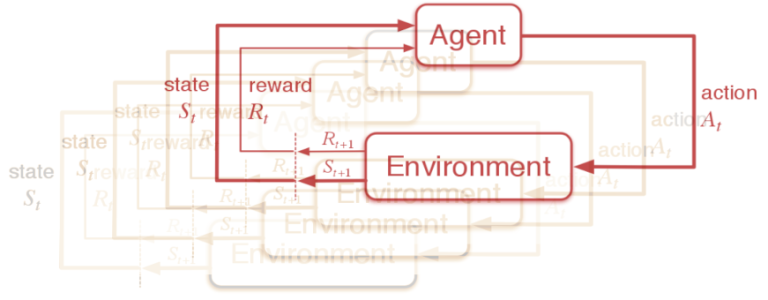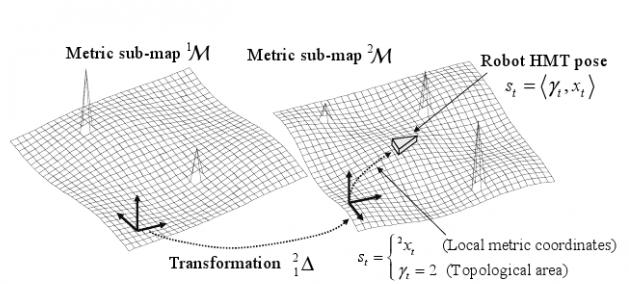Voxeland: Towards an Effective Representation of the Workspace of Mobile Robots (Jan’24–Dec’25)
University Project
University Project
The goal of this project is to enhance the cognitive abilities of mobile robots through an effective representation of their workspace, with the aim of improving their applicability to the challenges of today’s society in diverse fields such as education, healthcare, or industry. The way we perceive and interpret our environment determines the range of abilities we can deploy and the success we will have in dealing with it. Similarly, mobile robots also require a representation of their environment that allows them to operate correctly, commonly referred to as map.
An effective representation will be both successful in expressing and modeling the environment and efficient in terms of the resources required for it. In this project, it will be studied, designed, and developed a representation based on voxels (volumetric pixels), a balanced primitive regarding its expressiveness and modeling detail, supporting a wide variety of robotic applications, and the required resources for its management. The latter is critical in robotic platforms, which are subject to economic, energetic, and computational constraints. Furthermore, by using techniques from Artificial Intelligence and probabilistic inference, this representation will be enriched with the categories of the elements it models (e.g., table, chair, oven, etc.), their functionalities, and relations, thus building a semantic map. This representation pushes the robot’s cognitive abilities to a new level, enabling it to complete tasks that require reasoning about the elements in the environment and unlocking powerful capacities beyond navigation (e.g., object search, pick and place, human-robot interaction, etc.).
REFERENCE: JA.B1-09
FUNDED BY: Junta de Andalucía
PERIOD: Jan 2024 – Dec 2025
PRINCIPAL RESEARCHER: JOSÉ RAÚL RUIZ SARMIENTO
INSTITUTION: University of Málaga
Publications
Publications in the scope of this project:







